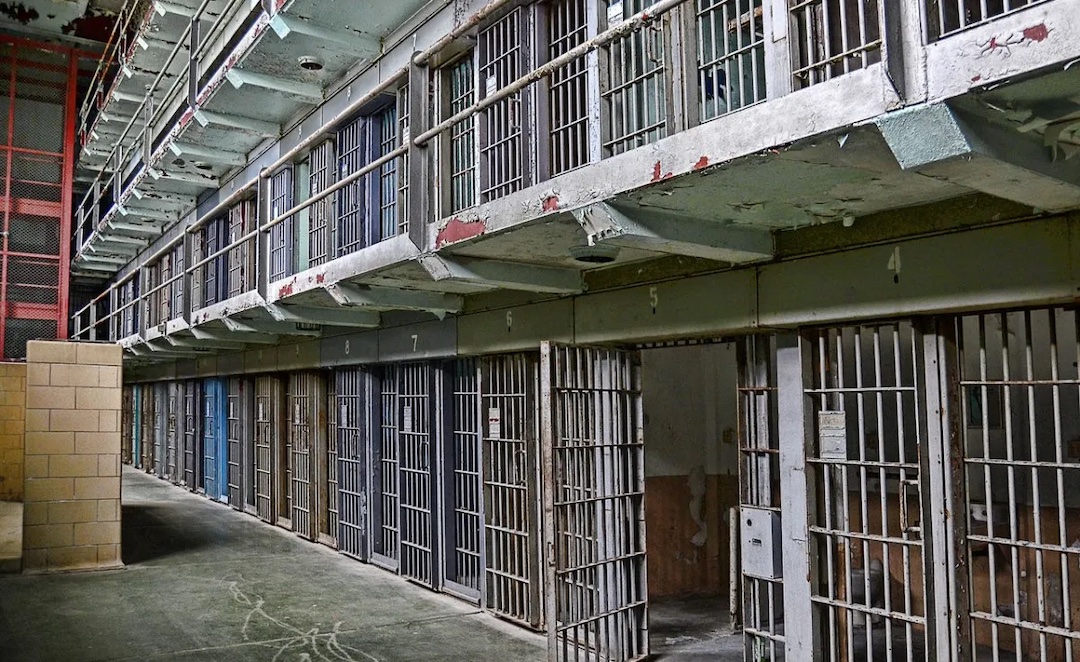Imagine a place meant for rehabilitation but instead breeds more despair. A space where overcrowding suffocates, sanitation is a privilege, and basic human dignity is a fading memory. This is the grim reality of Nigeria’s custodial facilities—centres of correction turned into warehouses of suffering.
With an inmate population far exceeding capacity, many correctional centres operate under inhumane conditions. Poor ventilation, inadequate medical care, insufficient food, and lack of hygiene make survival a daily battle. Shockingly, the vast majority of inmates are pre-trial detainees, trapped in the slow grind of justice. Meanwhile, those who have served their time struggle to reintegrate into society due to stigma and lack of support.
A Reflection of Our Society
A nation’s humanity is measured by how it treats its most vulnerable. This truth compels us to reflect on the state of Nigeria’s custodial system. The findings of a federal government visitation panel on Corrections Centres only reaffirm what has been known for decades—our correctional facilities are in deplorable condition.
The panel’s report highlighted the overwhelming number of inmates awaiting trial, with many spending more time in detention than they would have if convicted. It also confirmed that incarceration, rather than rehabilitating offenders, often leaves them more hardened and disconnected from society.
It is no longer enough to lament these issues. The time has come for decisive action. But first, we must own this problem—recognizing that the crisis in our custodial system reflects our neglect of the poor and downtrodden, our failure to uphold justice, and our casual disregard for the dignity of fellow citizens.
Addressing the Core Issues
The Nigerian Correctional Service Act of 2019 introduced much-needed reforms, including non-custodial sentencing to decongest correctional facilities and promote offender rehabilitation. However, these measures remain largely ineffective due to weak implementation frameworks.
Non-Custodial Sentencing: The Non-Custodial Directorate, responsible for enforcing alternative sentencing, is underfunded, poorly equipped, and lacks the personnel required to function effectively. Additionally, there is no full-fledged probation service to oversee offenders outside of custody, and coordination with the judiciary and law enforcement agencies is weak.
Awaiting Trial Detainees: The pretrial detention rate in Nigeria stands at a staggering 65-70%, compared to the global average of 29%. This is a national embarrassment. Overcrowding, delayed justice, and wrongful detention continue to undermine the integrity of our criminal justice system.
Restorative Justice: A promising solution is Restorative Justice (RJ), which emphasizes accountability, victim involvement, and community-based conflict resolution. However, its application remains limited due to low public awareness and insufficient judicial training. Establishing specialized Restorative Justice centres within state judiciaries and correctional facilities can significantly reduce case backlogs and prison congestion.
A Path Forward: Concrete Recommendations
To transform our custodial system into one that truly corrects and rehabilitates, we must adopt a multi-faceted approach:
1. Decongestion Strategies – Speed up judicial processes, promote non-custodial sentences for minor offenses, and enforce fair bail conditions.
2. Strengthening Non-Custodial Sentencing – Transform the Non-Custodial Directorate into a full-fledged Probation Service staffed by trained professionals to supervise and rehabilitate offenders outside of custody. Additionally, a national offender database should be established to track and manage sentencing and reintegration.
3. Improved Living Standards – Ensure adequate food, healthcare, and sanitation while upgrading infrastructure to meet humane standards.
4. Rehabilitation & Reintegration – Provide vocational training, education, and post-release support to reduce recidivism and help ex-inmates contribute positively to society. Government should also encourage private sector involvement in addressing criminogenic factors like mental health, addiction, and unemployment.
5. Restorative Justice Implementation – Establish dedicated Restorative Justice centres within judicial and correctional institutions, and invest in training law enforcement and judicial officers to apply RJ principles effectively.
6. Stronger Oversight & Accountability – Introduce regular independent inspections and foster public-private partnerships to drive reforms in correctional facilities.
Conclusion: The Time for Action is Now
Nigeria’s custodial system must be a place of correction, not condemnation. The current state of affairs is both a moral failing and a national crisis. We can no longer afford to treat this as an afterthought. Reform is not just necessary—it is an obligation.
The government, civil society, and private sector must unite in a bold effort to overhaul our correctional facilities. We have an opportunity to redefine justice in Nigeria—not as a system of punishment, but as one that restores, rehabilitates, and redeems.
The time for action is now.
Dr Jacob Tsado, Executive Director, Prison Fellowship Nigeria





